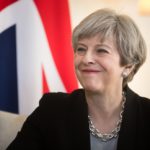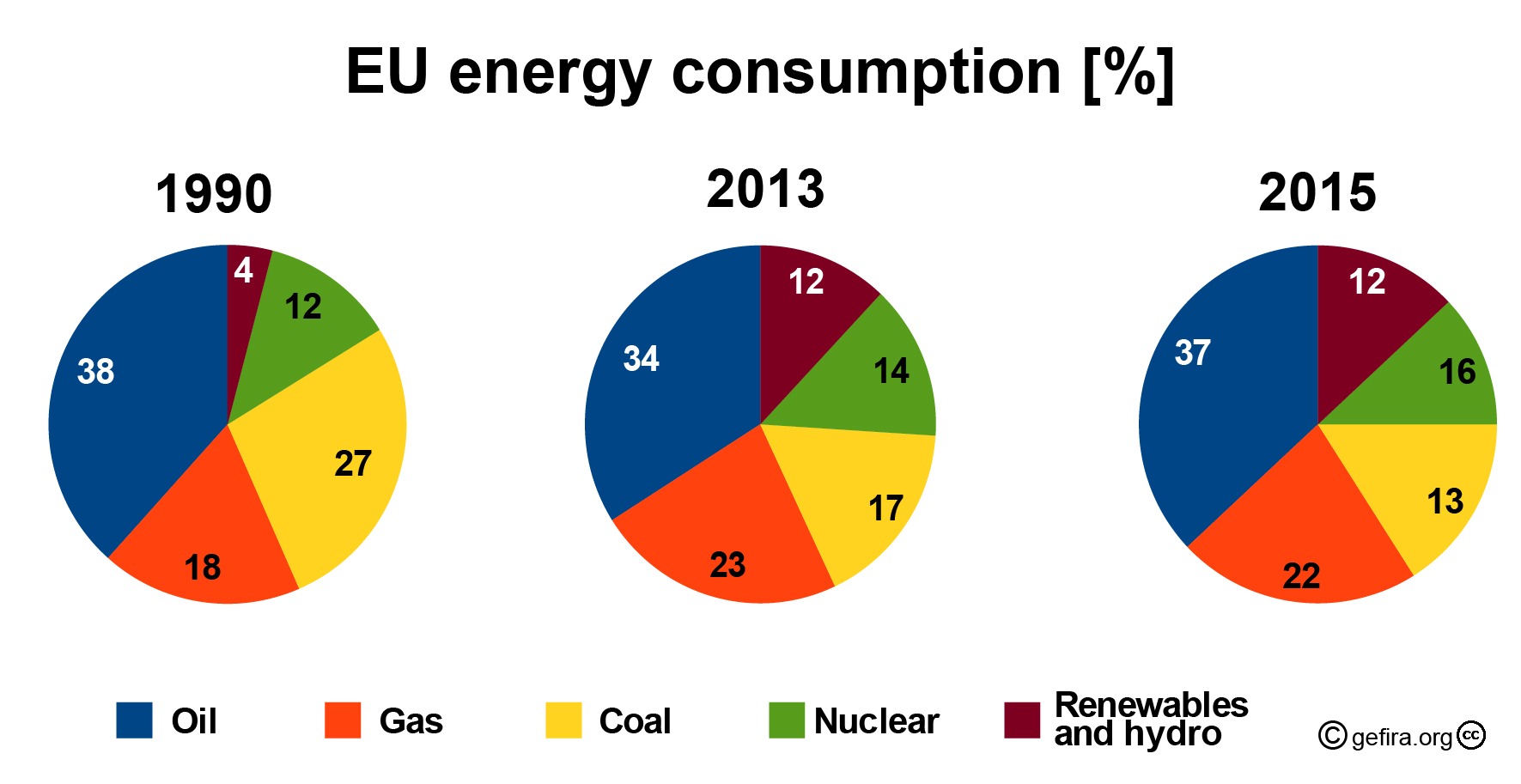Analysis of the situation and its potential
PM Theresa May uses the Sergei Skripal case for domestic purposes, by creating an external enemy she wants to bolster her authority. According to our analysis, she cannot make good on her threats, and in the end this new conflict with Russia will only weaken her position.
The attempt at poisoning double spy Sergei Skripal has evoked Great Britain’s response, which in turn raises a number of questions. Skripal was a GRU agent who was convicted in Russia for spying for the British MI6. In 2010 he was released within the framework of a spy exchange and arrived in the United Kingdom. At the beginning of March this year he was attacked with novichok, a paralyzing substance, in the British town of Salisbury and so far has been in a critical condition. The British government accused Russia of using chemical weapons on the territory of a sovereign state. PM Theresa May demanded explanations from Moscow and even went a step further, saying: „Should there be no credible response, we will conclude that this action amounts to an unlawful use of force by the Russian state against the United Kingdom”.As can be seen, London is trying to spark off a diplomatic dispute, and it can be even said that the British PM regards the event as a casus belli. The Kremlin dismisses the accusations as unfounded and warns Great Britain against ill-considered actions.
The Gefira team analyzed a possible scenario of events. Continue reading



















